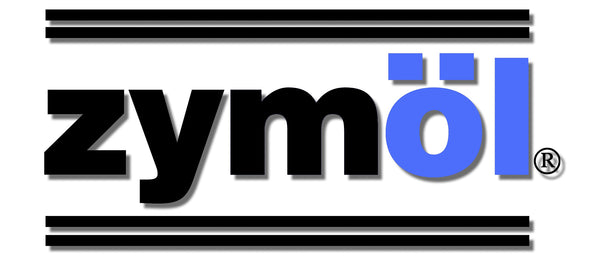Washing your Car the right way.
How To Wash Your Car the Right Way
We are the most auto-mobile people on the planet so washing our cars is the simplest, and most effective way to protect our investment and, if we are smart, the environment !
“Don’t scrub the surface too hard. Gentle treatment will get the dirt”
Unless you do the job right you risk harming the finish of your fine car. Here are real directions on how to “wash your car”:
Rinse with clean water before washing. Acid rain, road silt and other foreign materials that may cling to the car can scrape off finish when the car is being washed.
Don’t wash the car after it’s baked in the sun all day. The cool wash water will cause the car’s metal to contract faster than the paint, resulting in tiny cracks, fissures and crazing of the paint surface.
Don’t scrub the surface too hard. Gentle treatment will get the dirt off just as fast, without scratches or abrasions.
Avoid high-pressure air and water systems. These can actually make the paint come off with the dirt.
Don’t dry the car by open-air driving. Soap and hard water residue may leave stains.
Push the water off with a clean English Cod Tanned chamois then towel dry for the best results.
Always remove brake dust. This caustic dust eats into the expensive wheel rims and custom hubcaps.
Wash your car often. Now that you may want to protect your investment, do it frequently to maintain the car’s lustre.
The finish of your fine car is the result of a long process of preparing the surface, rust proofing it, applying the base coat, several paint color coats and a clear-coat.
Car Paint is a very expensive manufacturing process designed to keep your car looking new even when it isn’t.
Because damage can happen quickly, frequent care and feeding in the form of washing, cleaning and waxing, is necessary to maintain your car’s fresh-off-the-showroom-floor condition.
The “correct“ tools and methods are;
Two full ounces of a non-detergent soap (tallow or coconut bark) into a clean wash bucket will provide the correct concentration. Fill the wash bucket with clean warm (not hot) water.
Rinse your car thoroughly and rinse often during the wash cycle.
Use a wash sponge or small clean hand towel (do not use sea sponges or wash mitts as they trap dirt and sand).
Start with the roof… then wash the engine compartment lid and the trunk lid.
Rinse.
Wash the upper door panels, fenders and tail.
Rinse.
Now, with your rinsed-out sponge, wash the lower door panels, the grille and the wheels.
Rinse your car thoroughly again; towel or chamois it off, then towel it dry.
It is important to consider the environment you wash your car. Use products that are manufactured of natural, non-petroleum based ingredients, which means that even the used wash water can be safely disposed of.
